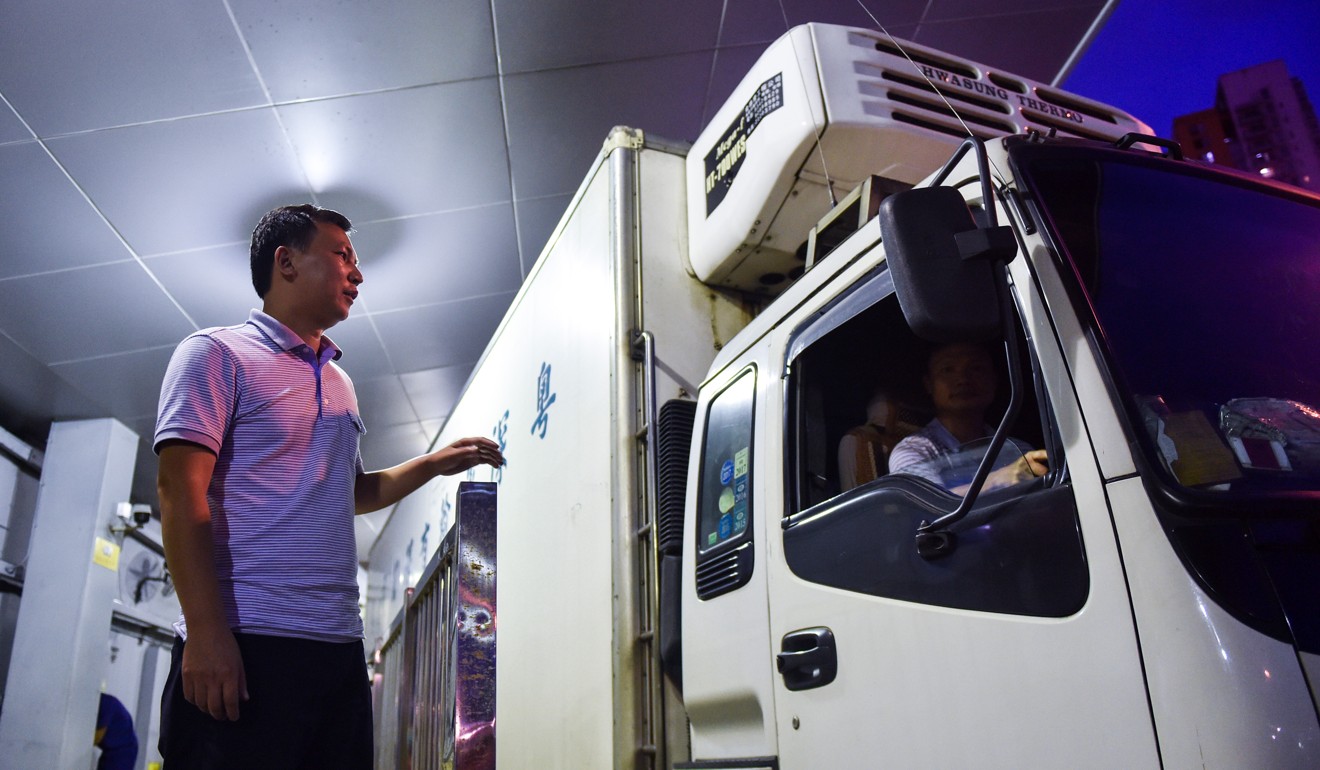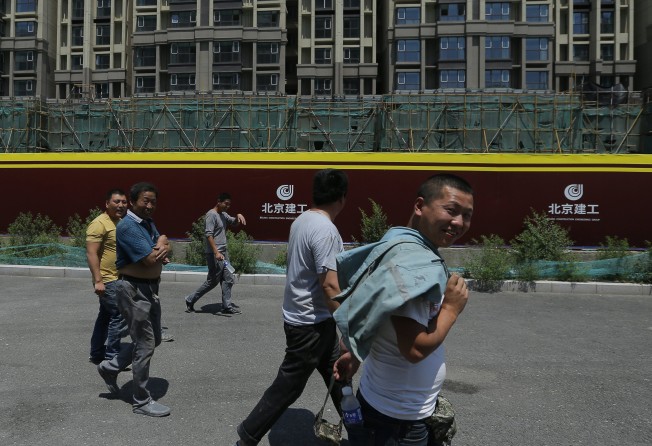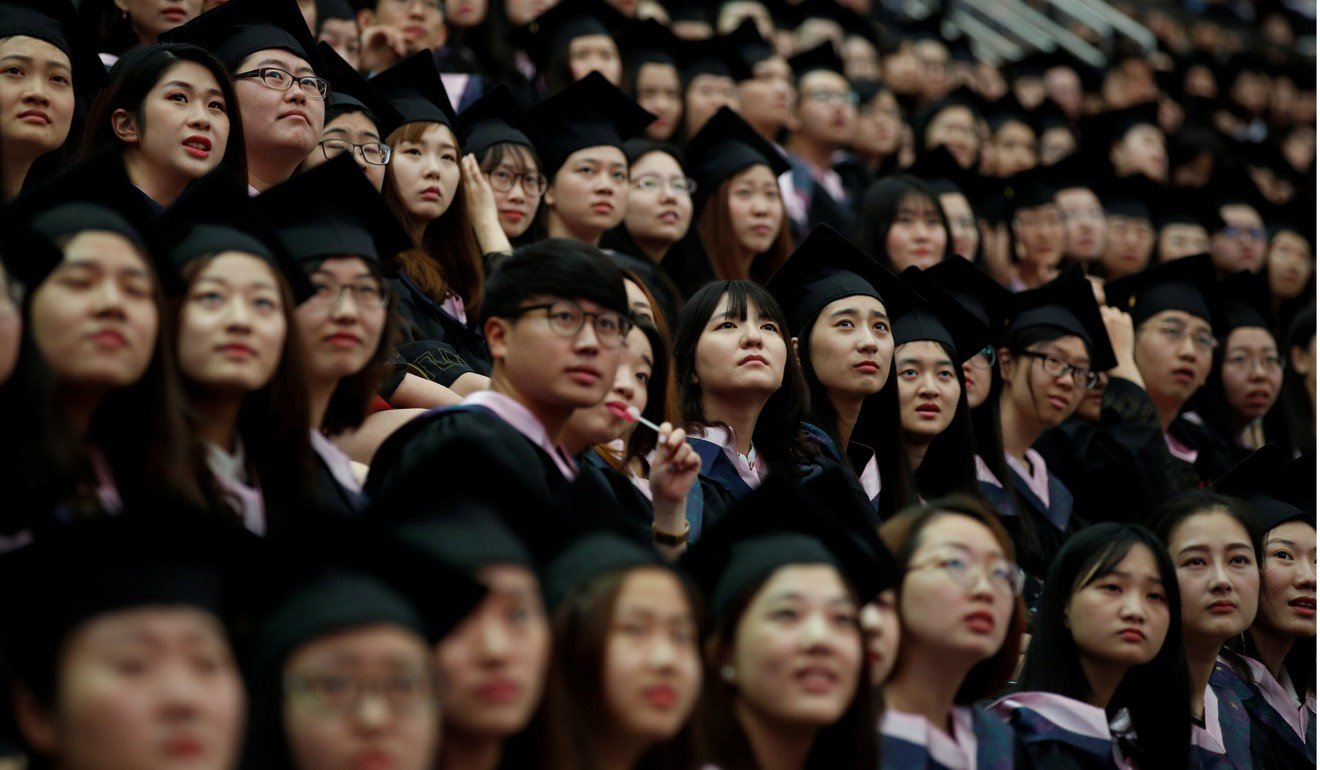
As China grows, equal opportunity and social mobility are fast becoming a cruel lie
Joe Zhang considers how his family’s fortunes reflect the changing times in a newly wealthy China. Social mobility, which once enabled the talented and hardworking to make good, is now an unattainable dream for many

Twice a year, I go from Hong Kong to Jingmen (荊門), in central China’s Hubei ( 湖北 ) province, to visit my parents and other relatives. But my trip last week was depressing as I found most of my cousins and their children beating a reluctant retreat back to our village from coastal cities like Shenzhen because of dimming prospects and the soaring costs of living.
On my way to Jingmen, I visited my 55-year-old cousin, Jinghuai, in Yantian port in Shenzhen, where he has been a lorry driver for two decades. Jinghuai counts himself lucky as he bought a small two-bedroom flat six years ago for around 1 million yuan (HK$1.15 million) after pooling his adult children’s savings. When I visited him, eight people from four generations lived in it. But, now, he has to look for a new job; a driver’s life is getting harder with slowing port throughput. His 30-year-old son makes only 3,000 yuan a month as a warehouse guard at the port. Jinghuai’s options are very limited as he and his family cannot afford to relocate to another part of this expensive city.

Jinghuai’s brother, Jinggui, and sister, Jinghua, are in a tougher spot. Jinggui and his son recently lost their jobs as lorry drivers at Mawan, another port in Shenzhen, and are moving back to our village; so are Jinghua and her family. Jinghua had just quit her job in a garment factory and her daughter Juhua quit hers in a diamond shop, for the same reason: their salaries were barely enough to feed themselves.
After all, her blue-collar parents would not be able to give her tips for job interviews or open the right doors
Juhua, 19, spent two years in a polytechnic learning accounting. But her investment was totally wasted as she could not afford to study further, towards a diploma, and get the necessary accreditations for an accounting job. But even with the accreditations, she would have had trouble finding a job in a fiercely competitive labour market. After all, her blue-collar parents would not be able to give her tips for job interviews or open the right doors.
Back in Jingmen, my brother, Hualiang, and his wife have been out of work for two years, having left a hopeless labour market in Hainan ( 海南 ).
At my parents’ place, I met Jianxin and Fengling, my other cousins. I have not seen them for about 15 years. Both divorced, they have also returned from Taizhou (台州), in coastal Zhejiang ( 浙江 ) province, together with their grown-up children. They operated factory canteens there principally for migrant workers, but it became harder to continue their business due to the dwindling number of migrant workers there.

In 1979, I was extremely lucky to enter university and, four years later, I was offered a graduate position and then an economist job at the central bank in Beijing. In 1989, after barely three years on the job, the central bank sent me to Australia to pursue further studies. In those years, my humble background never affected my progress. In 1985, my sister, Junmei, became a manager at a power plant run by the Huadian Corporation.
Today, the rules of the game seem different. To get a job, who you know is far more important than before
Today, the rules of the game seem different. To get a job, who you know is far more important than before. Given the commercialisation of education, housing and everything else, equal opportunity and social mobility have become a cruel lie.
Twenty-three years ago, I came to work in Hong Kong’s investment banking industry. Initially I had many colleagues from working-class and even rural backgrounds. But, over time, more and more new hires come from rich and powerful families. I had become increasingly uncomfortable. As the head of research or of investment banking teams at several investment banks for close to two decades, I always found excuses to wiggle out of campus recruiting trips to the US, Europe and China. I was often sent résumés of privileged candidates, and I could not help but notice the changing socio-economic mix of the candidate pool, which reflected growing inequality and the worsening corruption in China as a whole. Many senior bankers had hired princelings to facilitate their business, a practice that in recent years has attracted the attention of anti-corruption investigators in both the US and Hong Kong.

Back in my village, my brother and cousins face a common challenge: their land has mostly given way to construction sites, and jobs are rare to come by. They have some savings but how long will that last?
Most of my cousins left their farmland about two decades ago for the construction boom in Shenzhen and Zhejiang, and their adult children joined them in recent years. Now their journey back to the village is going to be a painful one.
My cousin Jinghuai is staying put in Shenzhen for now. In 1979, he was almost beaten to death by public security officials for fighting with our village head, and I helped secure his release because I had the unique social status of being the first and only university student from the commune at the time. Jinghuai dreads moving back to the village, but he will have to if he cannot find another job in Shenzhen soon.
Joe Zhang is chairman of China Smartpay and author of Party Man, Company Man: Is China’s State Capitalism Doomed?